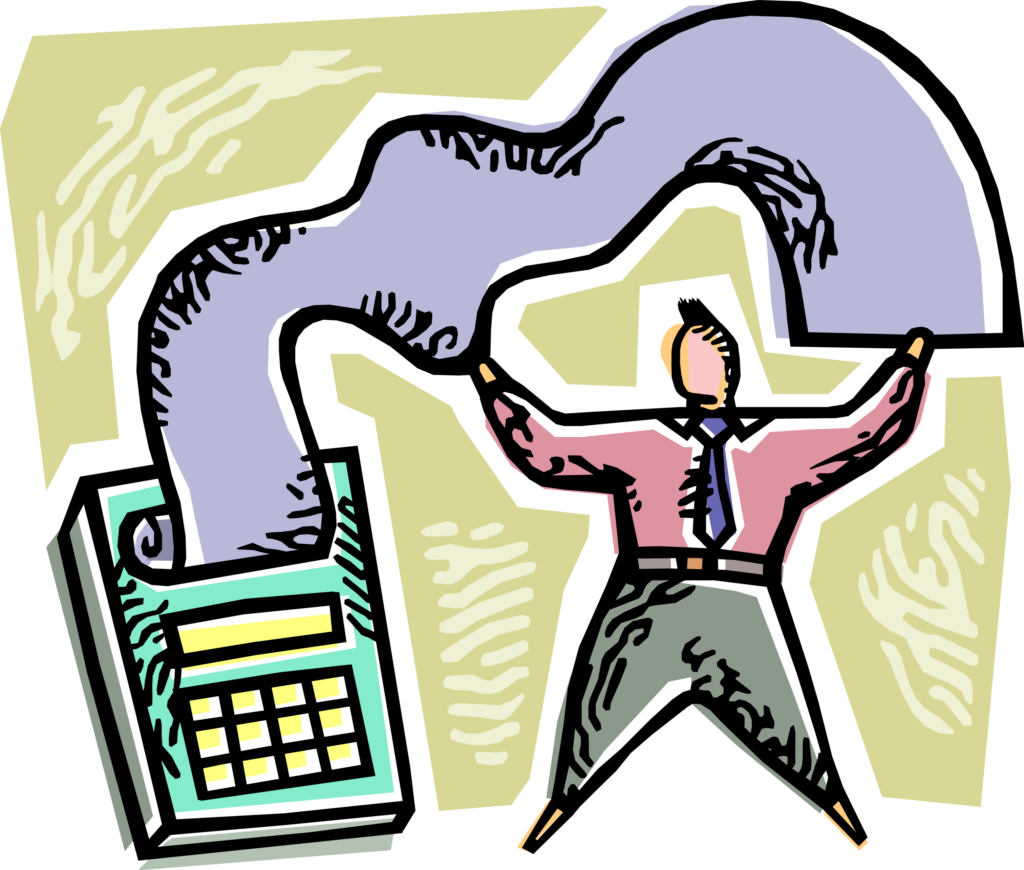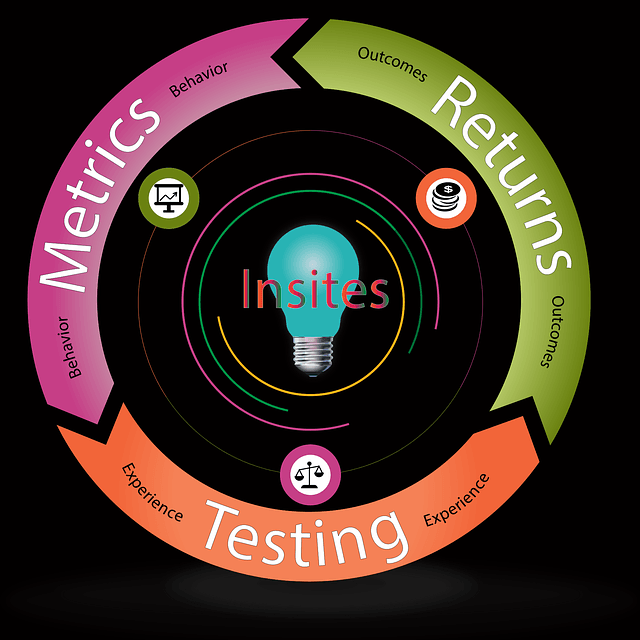You know the challenges freelancers face, which is why you’ll probably feel eager to jump on any opportunity that comes your way. Reliable freelancer tips for success, however, state you should spend some time thinking about the offer before committing to anything.
Once a client has expressed their interest in working with you, a couple of additional steps will have to be finalized before the transaction begins.
Asking a few simple questions will shed more light on the client’s expectations, increasing the likelihood of a deliverable they’re going to be completely satisfied with.
Freelancer Tips for Success: Never Assume!
That’s probably the number one freelancer tip everyone should familiarize themselves with.
Assuming you know what the client wants will only end in disaster. Often, clients themselves are uncertain of the specific outcome they’re pursuing. It’s your job to clarify things and address some of the issues that could eventually arise in the process of getting the job done.
Experienced freelancers have questionnaires and templates that clients fill out before the project begins. The aim of these forms is to give the freelancer important information that can improve the quality of the deliverable.
With time and experience, you’ll learn which questions deliver the most valuable answers. For the time being, focus on the specifics of the project you’re discussing. If there’s anything you’re not certain of, ask follow-up questions.
There’s no such thing as a stupid inquiry. The decision not to ask the question can cost you time and effort in the long run. It can also result in the client being unhappy with the interaction.
What’s the Scope of the Project
The fact that the client said “I want an ongoing video production partnership for my website and marketing campaigns” doesn’t give you a good idea about the deliverables the client is anticipating.
How many videos will they need each month? What’s the length of each video? What deadline are they considering for each of the milestones? Will there be extensive use of effects and a lot of post-production work involved?
Asking such questions gives you a much better idea about the amount of work you’ll have to do. Clarifying the scope of the project also enables you to set the correct price and make sure you’re not being given peanuts for an extensive, complex project.
Obviously, some fields don’t leave that much room for interpretation as far as project scope is concerned. Tailor questions to the particulars of your field.
Get the client to write down exactly what they want to receive as a deliverable and what timeframe they’re considering for project execution. Having this information provided in written form gives you evidence if a dispute arises later on.
What Services Do You Need?

In the example mentioned above, we can assume that the client needs several services – conceptualizing a video, shooting the clip, editing the footage to deliver a finalized clip.
Instead of assuming, however, it’s important to ask the client about the services that they want.
Some freelancers work with B2B clients. This means they are also experts in a certain field and they may be capable of handling certain parts of the project individually.
Don’t start doing everything because you think the client wants you to approach the project this way. The best thing to do is to talk through the project execution phases.
Let the client know what you’re capable of doing and ask them if they’ll need all of those services.
Deadline and Milestone Questions
As a freelancer, you should be making sure that all work gets delivered in a timely manner.
Ask your client about the milestones within the project and the deadline for each.
Knowing what the client’s timeline is will help you determine whether you’ll have to do a rush job and charge some fees for quick delivery. You’ll also get an idea about the additional workload you’ll have to handle and how it’s going to impact the projects that you’re already involved in.
Don’t be afraid of letting clients know if their deadline expectations are unreasonable. Many people have no concept of the amount of work a freelancer needs to do before a project is finalized. Educating customers on those things will help set realistic expectations that will benefit everyone involved in the interaction.
Budget and Financial Expectations

Before taking on a project and giving the client a quote, ask about their budget and the amount they’re willing to spend on the job.
Asking this question before committing to anything will help you filter through the clients who want to spend next to nothing on their project.
Let the potential customer know how much you charge and what deliverables they can anticipate for the respective amount. That way, the ball’s back in the client’s court. The customer will now know how low you’re willing to go and they wouldn’t push for additional discounts. If they do, you’ll have every right to turn down the collaboration and look for a better-paying opportunity elsewhere.
Questions about Work Processes and How They Align
It’s a good idea to inform the potential client about your working process.
Let them know what you’ll do as a part of each milestone. Let them know what types of information and assistance you’ll need during every phase of project execution.
Being on the same page as far as work processes go is very important.
Having very different processes and schedules means you could be experiencing some communication issues. Not getting a client to respond promptly to your inquiries will lead to project execution delays and serious dissatisfaction.
This is especially important for clients and freelancers who live and work in different time zones. Getting work processes and communication properly aligned in such instances will be difficult. Both of you will need to go that extra mile but if you’re committed to getting the job done together, you’ll easily figure something out before project commencement.
Freelancer Tips for Success: One More Important Question to Ask
Before shaking hands and signing a contract, you’ll need to ask one more question.
This one is a lot more open-ended than the previous inquiries mentioned in this guide. The aim of the final question is to give the client some freedom in providing important details that can help with the execution of the project.
Just asking for additional information prompts the client to think and provide some details that would have probably remained unmentioned otherwise.
It doesn’t have to be a major revelation. A few small details about the project, its importance, and the intended use of the deliverable can help you produce exactly what the client needs and then some more.
This opportunity allows clients to address concerns they may have. Getting the chance will be especially important for people who are hiring a freelancer for the first time.
Use this chance to have a casual chat about working together. Build trust and show your willingness to communicate. Being polite, helpful, and professional will lay the foundations of a solid partnership that has the potential to extend beyond a short-term interaction.
Final Thoughts
Don’t just jump on a new opportunity. Being too hasty and eager to earn some money will almost always backfire in the future.
Having no clarity about all aspects of the project leaves room for interpretation. A client’s assumptions will almost never align with yours. As a result, you’ll probably end up doing a lot more work than what your quote entails.
Sit down and write a list of questions for your client before communicating last time. If you have to, ask some follow-up questions, as well. These inquiries will give you a better idea about who you’re dealing with, what they want to get out of the interaction, and how much they’re willing to pay.
If any of the questions reveal information you’re unhappy with, let the client know. It’s up to both of you to reach a mutually beneficial agreement. Sometimes, that end goal will be impossible to achieve.
In those instances, you have the right to say no and turn down the project opportunity. Letting go of chances that aren’t optimal frees you from having to deal with a difficult situation and allows you to focus on the business interactions that are already proving to be very productive.








